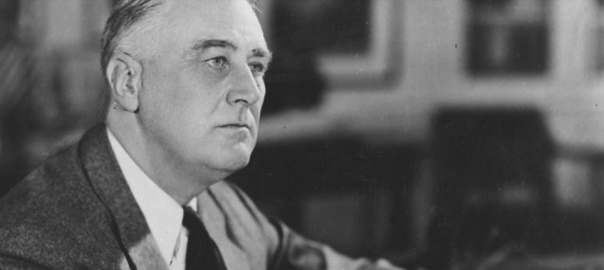Book Club: FDR and the Jews

Our Book Club meets once again on Sunday, January 26, at 10:00 am to discuss FDR and the Jews, by Richard Breitman and Allan J. Lichtman.
An examination based on some new research of the contentious debate over the extent and adequacy of FDR’s efforts to save Jews in Nazi-occupied Europe, with comparison to other world leaders at the time.
The subject of President Franklin D. Roosevelt’s relationship with the Jewish community is complicated, multidimensional and contentious. On the one hand, the former New York governor won Jewish votes by landslide margins and led the Allies to victory in World War II, defeating Nazi Germany. Some of his closest advisers and strongest supporters were Jews, including Felix Frankfurter, whom he named to the Supreme Court, speechwriter Samuel Rosenman and Treasury Secretary Henry Morgenthau.
On the other hand, FDR said little and did less on behalf of Jews trying to get out of Germany in the 1930s. He has been faulted for not diverting military resources to destroy the Nazi infrastructure of genocide and for not pushing Britain to admit more Jewish refugees to Palestine. Some have even accused him of abandoning the Jews.
FDR and the Jews is a richly detailed account of the president’s relationship with that community in which historians Richard Breitman and Allan Lichtman deliver an upward revision of Roosevelt’s performance.
Fear Vs. The Reality Of Anti-Semitism
In summing up FDR’s record, Breitman and Lichtman write that “his compromises might seem flawed in the light of what later generations have learned about the depth and significance of the Holocaust.” But, they add, “Roosevelt reacted more decisively to Nazi crimes against Jews than did any other world leader of his time.”
“In some ways, that’s a statement about Roosevelt’s world and the inadequacies of other world leaders at the time,” Breitman tells NPR’s Robert Siegel. “But that comparison tells us something: that the world of the 1930s and the 1940s was a very different place, and that Roosevelt had both political constraints and international constraints that we don’t often think about today.”
Continue reading, and listen to the story on NPR




